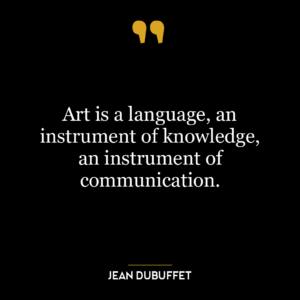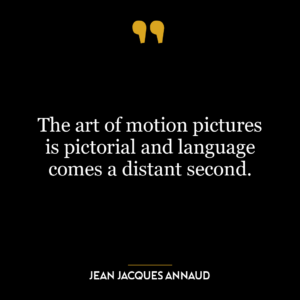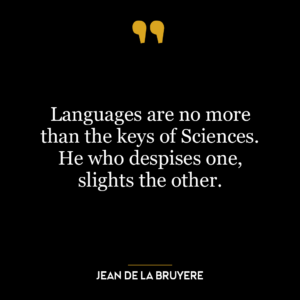The quote “Language was invented to ask questions” suggests that the primary function of language is to seek understanding and knowledge. It’s an intriguing perspective that challenges the common notion that language was developed simply for communication. Instead, it suggests that language is fundamentally an instrument of inquiry, a tool for humans to make sense of the world around them.
This idea is deeply rooted in our cognitive development. As children, we learn about our environment primarily by asking questions. “Why is the sky blue?” “What does this word mean?” These questions help us to construct our understanding of the world. Language, in this context, is more than a means of expressing thoughts or feelings; it is a mechanism for exploration and discovery.
In today’s world, this idea holds significant relevance. In an age of information overload, the ability to ask the right questions has become increasingly important. Whether it’s a scientist probing the mysteries of the universe, a journalist investigating a story, or a student trying to grasp a complex concept, the quality of their questions often determines the quality of their understanding.
In terms of personal development, the quote underscores the importance of curiosity and critical thinking. Instead of passively accepting information, we should actively question it. By doing so, we can deepen our understanding, challenge our assumptions, and stimulate our intellectual growth. This approach to learning can be applied in various fields, from education and business to personal relationships and self-improvement.
Moreover, this quote can also be interpreted as a call for humility. To ask a question is to admit that there’s something we don’t know. In a culture that often values certainty and expertise, this can be a powerful reminder that it’s okay not to have all the answers and that there’s always more to learn.










